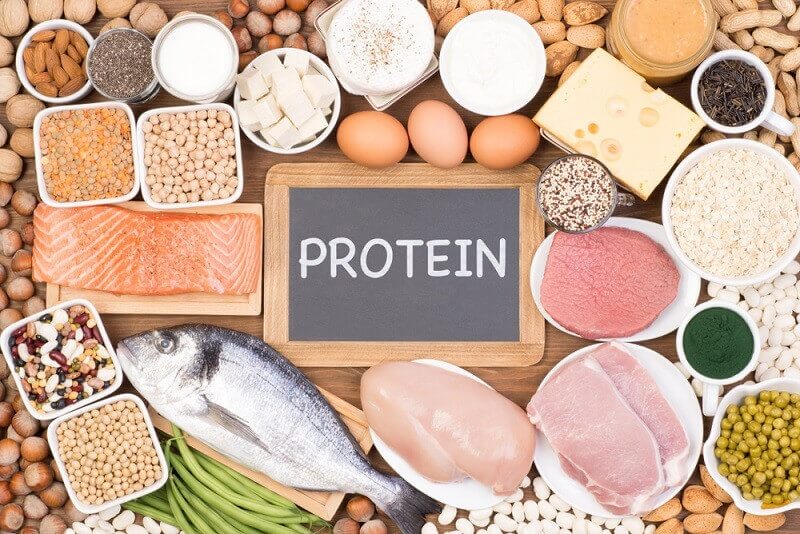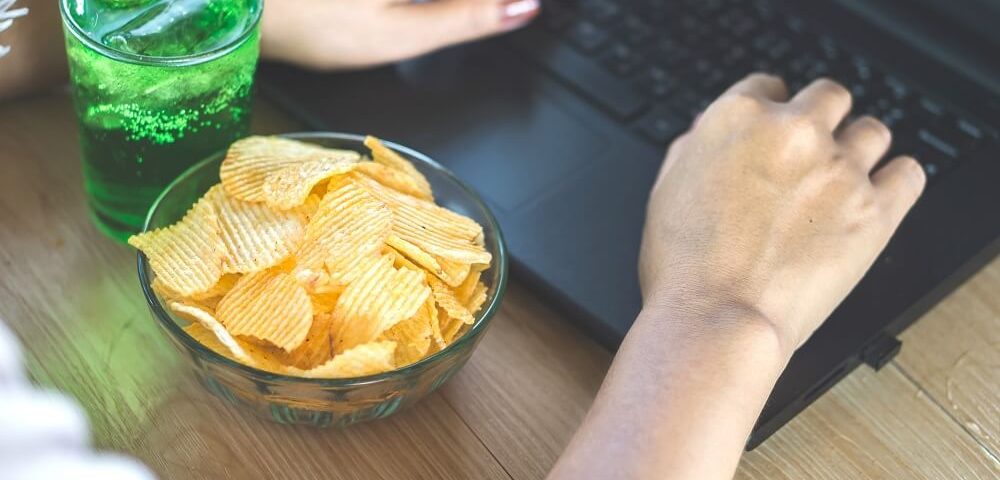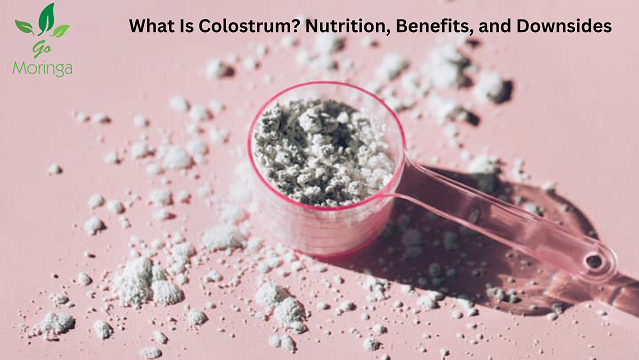Diet For Depression: What To Eat and How Much To Eat During Anxiety

5 Reasons To Hire a Professional Dietician for Weight Loss
February 3, 2021
Thyroid Diet: 8 Best Foods For Hypothyroidism
February 4, 2021The best diet plan for depression consists of multiple elements. As much as it is about eating the right kind of food, it is also about knowing when to eat and how much to eat. There’s no single diet plan for anxiety or depression that will instantly treat your problem. However, you may choose to get in touch with a dietician for depression who can guide you and help you with a curated diet plan for anxiety so you can get through the phase somewhat comfortably.
Nutrition is important for your mental health because your brain needs nutrients to function well. A good diet for depression helps you maintain balanced mental health and achieve a relaxed state of mind. By following a healthy diet plan for anxiety you can help your brain achieve a healthy chemical functioning.
When and How To Eat During Depression
It is common for people in depression to get inclined towards eating more, also known as ‘stress eating’. As long as this eating involves healthy food, it’s fine but getting attracted to junk food during this phase is more harmful than it appears. The more processed your food is, the less nutrients it contains to help the brain. It is best to try and avoid junk food during this period. When we are depressed or anxious we crave for food even when we’re not hungry. But it is good to stick to a schedule when following a diet for depression or any diet for that matter. To take care of the extra food cravings it is recommended to eat five to six small meals in the day rather than three large ones so you can avoid blood sugar spikes and drops.
On the other hand, most people have a habit of eating on the run. For example, having lunch at the work desk while being occupied with work or eating while standing at the kitchen counter. Avoid such situations and give yourself some time so you can eat peacefully without being engaged with any work. It is also equally important to sit together with the family for meals, if possible. Forming a bond and connecting with family members and loved ones for support during this period is very helpful. Avoid watching the TV or using smart devices during meals so you’re not detached from the other people sitting with you. Pay attention to the food you’re eating and enjoy the meal. This will divert your mind from all the thoughts filling up inside because of the depression.
Do not skip meals because your brain needs a steady supply of nutrients to cope with stress and to keep your mood stable. Follow a schedule when choosing a diet plan for depression to make the most out of it and to recover from it sooner.
Also Read: What’s the Difference Between Dietitian and Nutritionist?
What to Avoid During Depression:
It is important to choose the right kind of foods during this phase so you don’t end up hurting your body and brain due to all the stress eating. While you should actively avoid junk food as mentioned earlier, at the same time you should also limit your caffeine intake. It might be difficult for some people to cut down the amount of caffeine they consume during the day but getting yourself to reduce your caffeine intake to a moderate amount is a step in the right direction. Caffeine disrupts your sleep patterns and leaves you feeling anxious and fatigued, both of which are not good during this period. Getting a good sleep and maintaining a proper sleep schedule can help you refresh and calm your mind.
Sometimes people also resort to consumption of alcohol to fight this situation as a form of self-medication. This may give short term relief but it hurts more than it helps. Alcohol and drugs also throw your sleep cycles off balance and cause mood swings and anxiety. In case you’re on prescription medicine, alcohol and drugs reduce their effectiveness and can cause negative side effects, among other things.
What To Eat During Depression:
The following foods are known to help with healthy production of neurotransmitters in your brain and also help in cell development and brain chemical activity.
- Protien
- Complex Carbohydrates
- Omega-3 fatty acids
- B Vitamin
#1 – Protein:

Having protein-rich foods keeps your brain alert. Foods like tuna and chicken contain amino acids that help you make the mood-boosting brain chemical called serotonin. This boosts your energy and reduces fatigue. Good sources of healthy proteins include fish, milk, yoghurt, beans and peas. By including the required amount of protein in the diet you can reduce depression-related symptoms.
#2 – Complex Carbohydrates:
Low serotonin activity in the brain can also make you crave for more carbs. But choosing the right carbs is critical. Don’t go for simple carbs like cakes or cookies but instead include complex carbs or smart carbs in your diet such as whole grains because whole grains make your body work harder and help with your metabolism so you don’t end up gaining too much weight. Fruits, vegetables and legumes also have healthy carbs and fibre.
Also Read: Top 6 Best Foods to control Diabetes
#3 – Omega-3 Fatty Acids:

Several studies have shown that Omega 3 fatty acids can improve brain function and help you manage your depression symptoms. Foods that are a good source of Omega-3 include flaxseed oil, fish, nuts, canola oil etc.
#4 – B Vitamins:
Deficiency of Vitamin B12 has been linked with a rise in depression. Lack of necessary vitamins and minerals required by the brain for a healthy functioning will make depression worse. Include foods with Vitamin B12 in your diet to manage depression related symptoms. Vitamin B12 is mostly found in animal products such as fish, meat, eggs and milk.
The physical benefits of a diet are well known but believe it or not, a healthy diet plan for depression can go a long way in elevating your mood, energy levels and overall happiness. Knowing the right foods to eat can help you overcome depression or anxiety and live a healthy life. A simple and effective diet provides fuel to your brain and keeps you feeling a sense of well-being. If you’re looking for a dietician for depression, consult professional dietician, Priyatama Srivastava for guidance and for a curated diet plan for anxiety that will help you get through your tough times easily.


